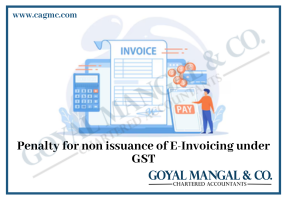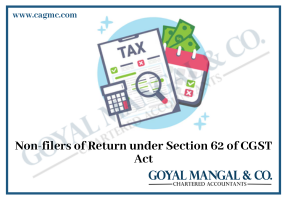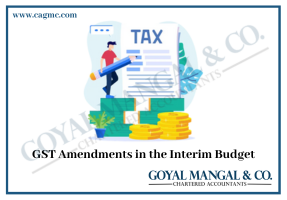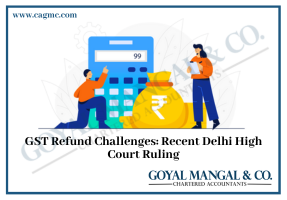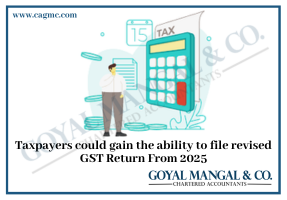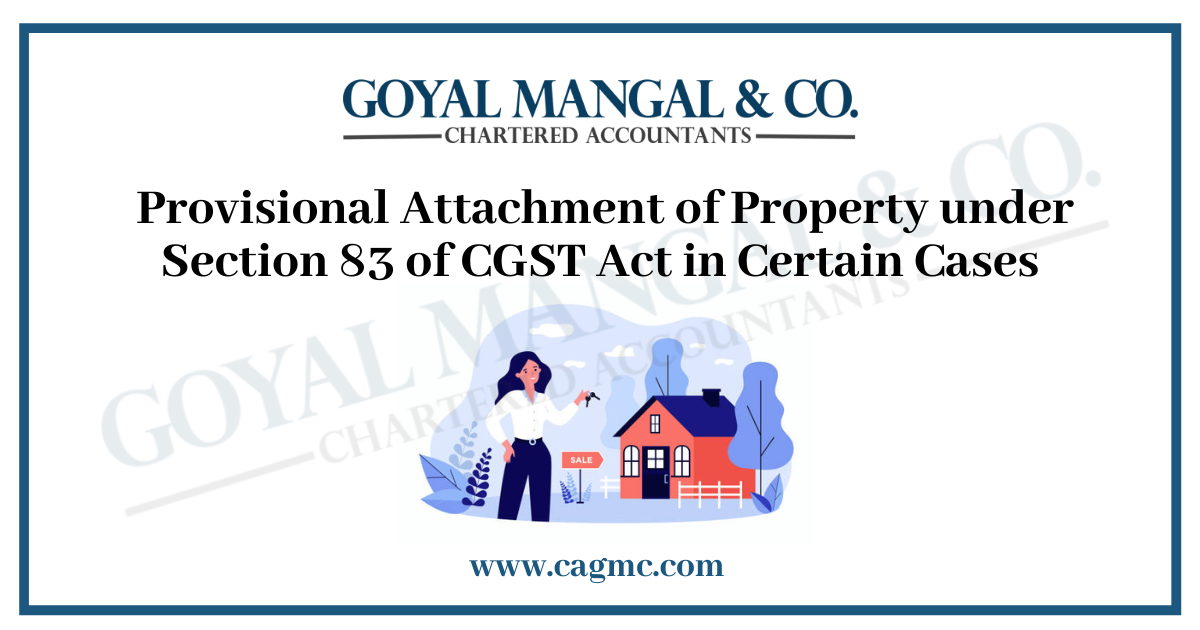
Any litigation under various tax laws, including the GST, may take a long time. Dependence on any measures may delay the receipt of government revenue. In addition, the taxpayer may transfer his property to another person before the end of the case. To protect profit interests during the suspension of any measures, the government has the power to provisionally attach taxpayer property. This article provides an insight into the provisional attachment of property under Section 83 of the CGST Act in certain cases.
| Table of Contents |
Meaning of the attachment of property
If the government attaches property to a person, one cannot transfer that property to another person. Even if he can transfer the attached goods, the transfer will be deemed void and thus is not legally recognized. Even bank accounts can be attached- they will not be allowed to transfer their funds to any other account.
Provisional Attachment of Property under Section 83 of CGST Act- analysis
During the implementation of certain procedures specified under the CGST Act of 2017, the Commissioner may approve the order of attachment of assets including taxpayer bank accounts to protect the benefits. Such an order may be valid for up to one year if no action is taken. A copy of this order may be sent to the Revenue Authority, the Transport Authority, or to any such authority to restrict the specified location. This obligation cannot be revoked unless instructions are received from the Commissioner to do so.
Situations in which section 83 may apply
As mentioned above, Section 83 of the CGST may be invoked during the pendency of the following proceedings:
- Section 62: Assessment of return non-filers
- Section 63: Assessment of unregistered Persons
- Chapter 64: Summary assessment in some cases
- Section 67: Inspection, seizure, and search procedures
- Section 73: Demand in cases other than cases involving fraud or willful misrepresentation of facts
- Section 74: Demand involving fraud or willful misrepresentation of facts
Action taken by the taxpayer and the time limit
If the Commissioner wants to temporarily attach any property (including a bank account), he or she will place an order in DRC-22 which will contain the details of the attached area. The Commissioner may issue DRC-22 at any time after the issuance of a notice of need under Section 63, 73, or 74.
Similarly, such notice of attachment will be made only after the issuance of the inspection instructions under Section 62 or 64. Upon receipt of this order, the taxpayer complain about it stating that the property was not liable for attachment. This objection must be lodged within seven days of the attachment of the property. The Commissioner is then obliged allow the taxpayer to be heard. If you are satisfied with the taxpayer’s response, you will release the attached goods by approving the DRC-23 order.
If the attached area is damaged or dangerous, the taxpayer will be required to pay the applicable tax or market value of the property, whichever is lower. Upon completion, the Commissioner will release the goods by issuing an order to DRC-23. If the taxpayer does not agree to pay the local market value or to pay the applicable taxes, the Commissioner may dispose of the property and use the taxpayer’s profits.
Cases for provisional attachment of assets
Provisional attachment should not be used in situations of a technical nature and should be reported primarily where tax evasion or unfair input tax credit (“ITC”) is utilized or used or unfairly transferred. Following are the cases:
- If the taxpayer has supplied goods or services without an invoice for tax evasion,
- In case the taxpayer issues any invoice without a supply
- If the taxpayer exploited the ITC by using the invoice or invoice issued without any compensation or fraudulently used the ITC without any invoice
- If the taxpayer has collected any amount in tax but has not paid it to the state for more than 3 months
- If a taxable person has fraudulently received a refund
- If the taxpayer fraudulently transferred the ITC to the buyers but did not pay the proportional tax.
Final words
Where the taxpayer is harassed in the form of illegal search, seizure, and detention, and unlawful provisional attachment under Section 83 of the CGST Act just because the Commissioner has been given the power of “reason to believe”. There should be an appropriate control mechanism as to whether a commissioner is using his power properly. If not, the Commissioner should be punished and the Taxpayer should be compensated, the honest taxpayer should not be harassed in this way. There is a proposed provision in the Union Budget, not yet communicated in Section 83(1), which would authorize the Commissioner to bind the taxpayer’s person and any person’s property and bank account, which must be stopped before this provision takes effect. To protect state revenue, the government should start proceedings under section 78 because if the government starts proceedings under section 83 this can hinder business and the honest
